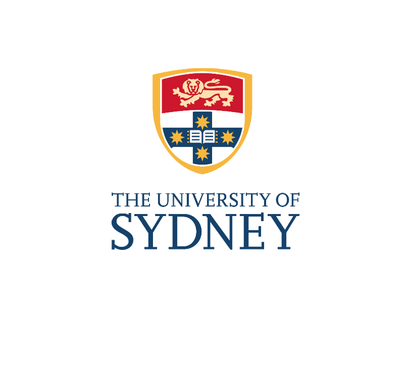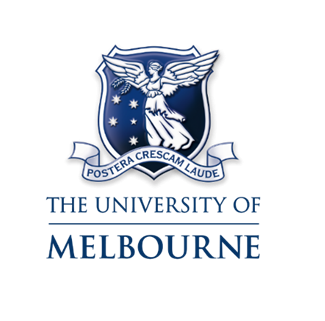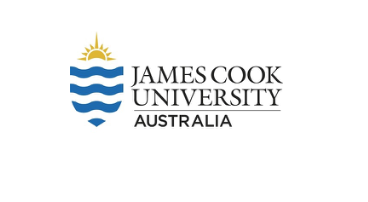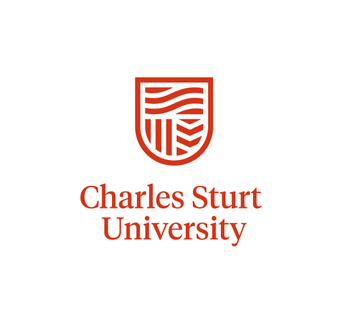As meat consumption around the world (particularly in Asia) is rapidly increasing, the need for sustainable meat production and processing is driving research into quality assurance – to evaluate the product before it reaches the consumer enabling better strategies to reduce waste. The aim of my research is to develop a way of determining meat quality that is rapid, non-destructive and can be used in commercial operations.
To do this, I use a laser probe known as the Raman Spectroscopic hand-held probe (developed by the University of Bayreuth in Germany) to analyse the chemical bonds that are present in lamb meat. The information from the probe is then compared to the chemical and biological characteristics of lamb meat such as the sarcomere length (within muscle fibres), Warner-Bratzler shear force (amount of force required to cut through the meat), pH, histology to look at muscle degradation during ageing (breakdown of the muscle fibres over time using microscopic imaging), particle size, moisture losses during cooking, fat content and type. Using this information I am trying to predict the lamb meat qualities like tenderness and fatty acid profile.
The experiments are now half complete, and so far the Raman Spectroscopic technology I use is a better predictor of lamb tenderness than the other measures which have been traditionally used.
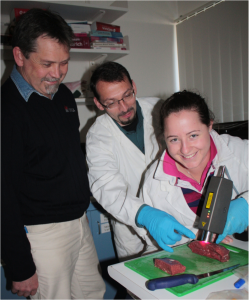
Stephanie Fowler with David Hopkins (NSW DPI) and Heinar Schmidt (University Bayreuth Germany) with the hand held Raman probe.
This research will be used in the process of developing a probe which hopefully commercial meat processors can use to assess the quality of meat online. This will enable them to make more accurate decisions about the use and marketing of carcasses, reducing waste throughout the supply chain and ensuring the quality meets expectations.
The biggest highlight of my PhD research has been presenting my current work at the International Congress of Meat Science and Technology in Izmir, Turkey in 2013. This gave me an opportunity to meet other graduates by attending a graduate workshop prior to the Congress and interact with Meat Scientists from around the world, providing me with an opportunity to explore other parts of the field and broaden my understanding of the area and current work being done.
As this research is inter-disciplinary, it involves expertise in research and development, engineering, computer and IT, biochemical and molecular biology and animal science to understand the animal and meat quality, improve the Raman Spectroscopic probe used to measure it and handle the complex data and predict the outcome using chemometrics (analysing the patterns in the data using specialised statistics).
Due to the advantages of Raman Spectroscopy (its rapid and non-destructive nature) research into the technique’s improvement and use in food systems will continue.
About Stephanie
Stephanie Fowler was drawn into studying agriculture through her love of animals and livestock, particularly beef cattle. She has continued studying it because she loves the variety, with some days in the office, some in the lab, some in the feedlot, and some in the paddock. She also loves travelling to amazing places and working with all kinds of people from different fields.
After her studies she would love to go into livestock and meat research and development and continue to work on projects which will help to make the red meat industries environmentally, socially and economically sustainable for the future.

